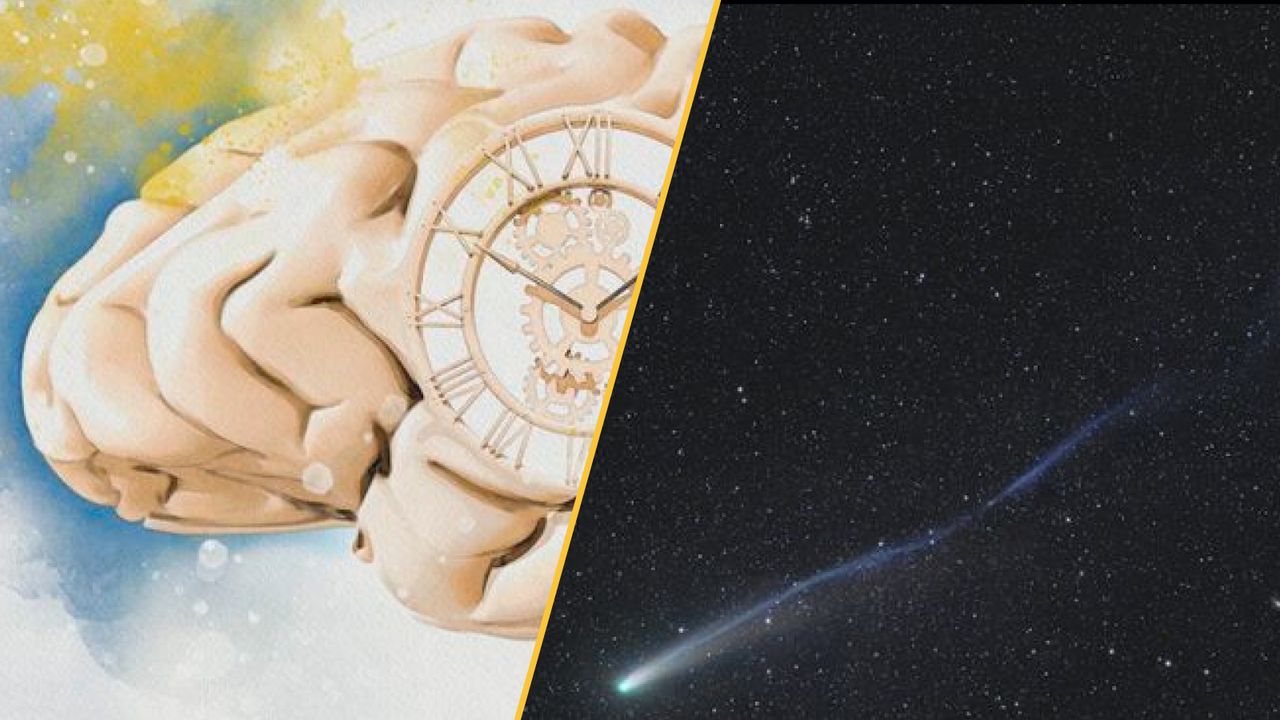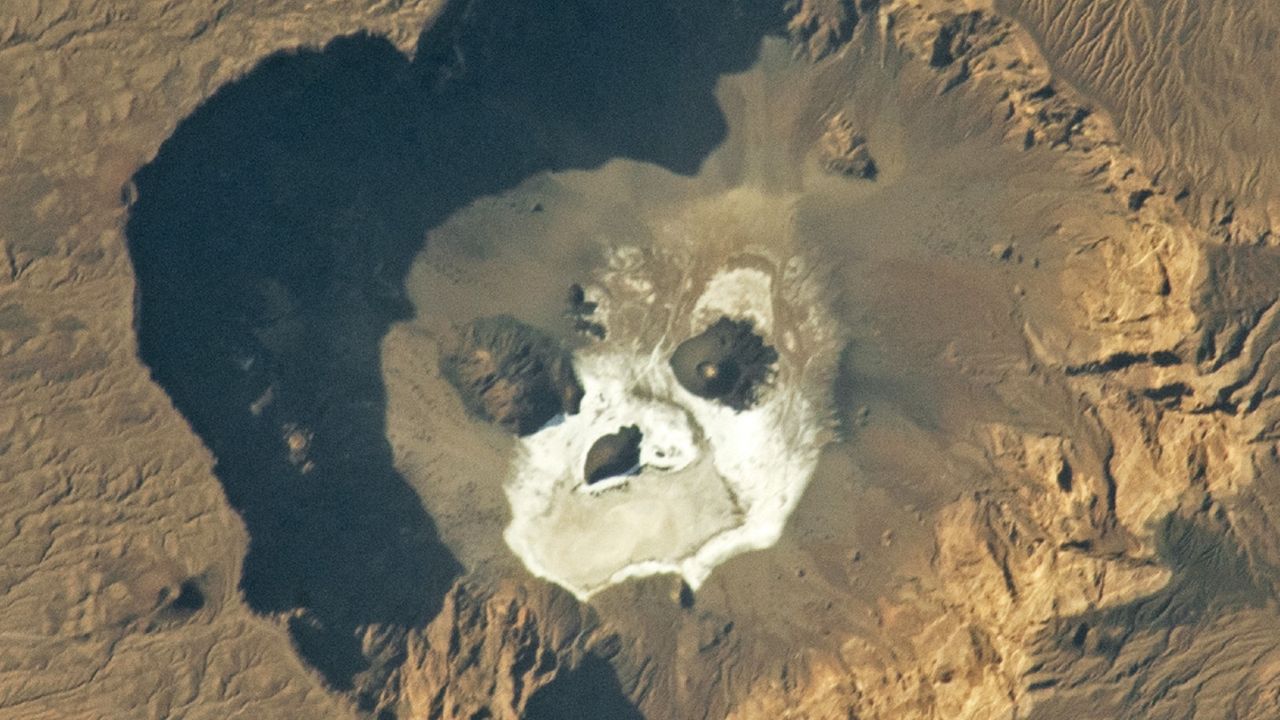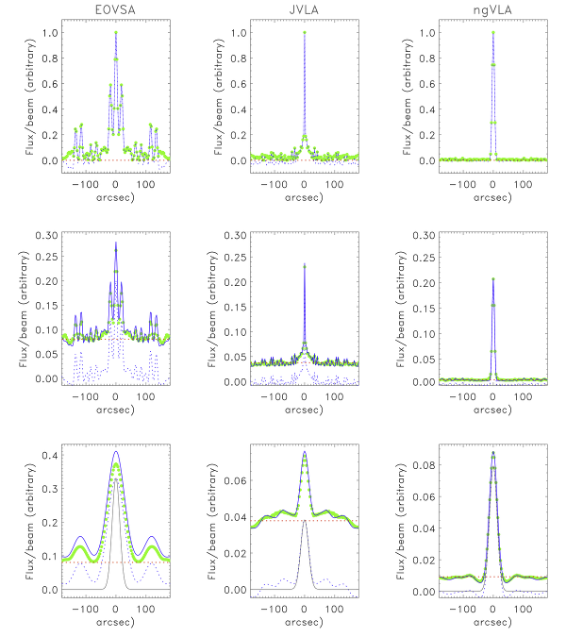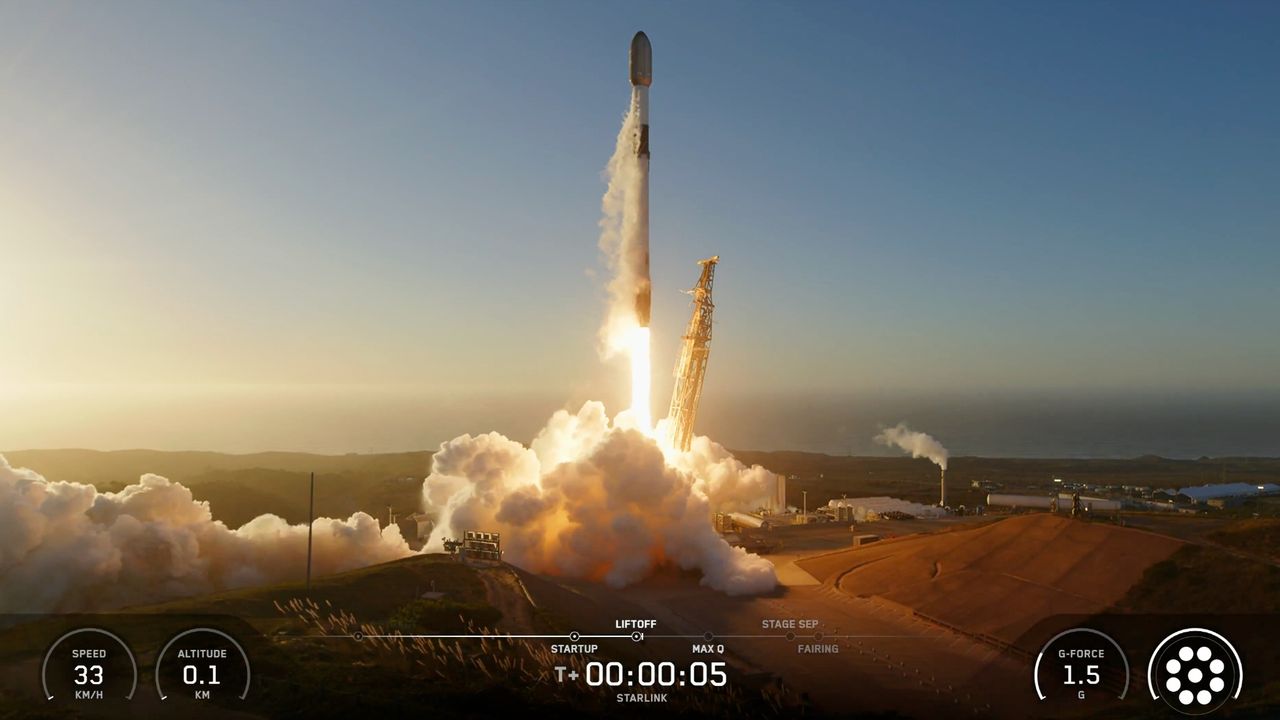These robots can clean, exercise - and care for your elderly parents. Would you trust them to?
PositiveScience
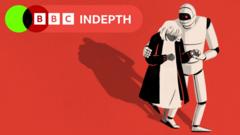
A new wave of robots designed to assist with cleaning, exercising, and caring for the elderly is emerging, and scientists believe they could significantly ease the pressures on the UK's care system. This innovative technology not only promises to enhance the quality of life for seniors but also addresses the growing demand for care services, making it a timely solution in today's society.
— Curated by the World Pulse Now AI Editorial System




